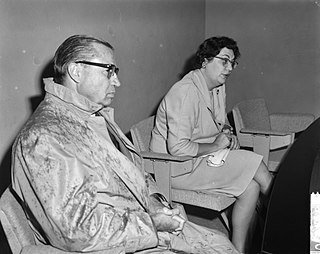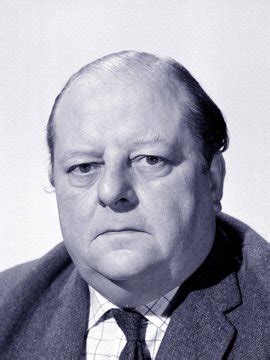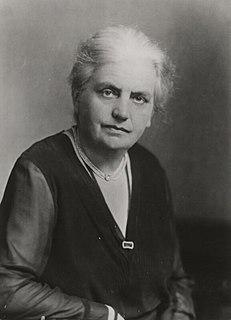A Quote by Kay Redfield Jamison
Several politicians and wives of politicians have been public about their experiences with depression or bipolar illness, including Lawton Chiles, Patrick Kennedy, Tipper Gore and Kitty Dukakis. Each made a tremendous difference by doing so.
Related Quotes
Following the school shootings, Hillary and Tipper Gore, as well as their husbands, got together for the first White House conference on mental health. Because of her interest in mental health and her own problem with anti-depressants, Tipper had been made the expert, the psychiatric consultant to the president, duly designated.
The fact is that in England so many of our politicians are career politicians - they've always been politicians since they left their education. And in the old days of course politicians used to be fish mongers or doctors or whatever. They'd lived life. These days, power seems to go to the hands of people that that's all they've done. And I'm not sure that's a good thing, because it does remove them from the realities of life.




































